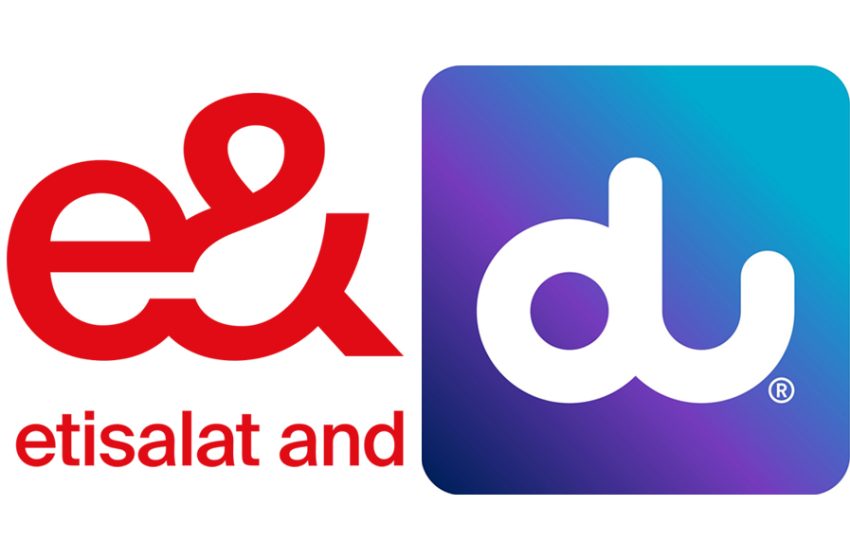Dubai, known for its advanced technology and modern infrastructure, maintains specific regulations on digital communication. WhatsApp calling restrictions in Dubai align with the country’s approach to telecom services and licensing policies. Residents and visitors use various alternative platforms approved by local providers for seamless connectivity. These regulations support the structured development of the telecommunications sector. Exploring the reasons behind these measures provides clarity on the available communication options.
NO RESTRICTIONS FOR MESSAGING
While messaging works without issues, the inability to make calls through the app leads to frustration among both residents and visitors. This restriction is not arbitrary; rather, it stems from a combination of regulatory policies, economic considerations, and national security measures. WhatsApp calling has been restricted in the UAE since its introduction in 2015, following the enforcement of VoIP regulations.
REGULATORY OVERSIGHT AND LICENSING
The UAE’s telecommunications industry operates under strict regulations set by the Telecommunications and Digital Government Regulatory Authority (TDRA). This entity ensures that all communication services align with national policies.
VoIP (Voice over Internet Protocol) technology, which powers WhatsApp, FaceTime, and Skype, falls under this regulatory framework. Since these platforms lack the necessary licenses to provide VoIP services in the UAE, their calling features remain disabled.
The licensing requirement is not merely a bureaucratic formality; it serves as a mechanism to maintain oversight over communication channels, enforce security standards, and ensure compliance with local laws.

ECONOMIC CONSIDERATIONS
Etisalat and Du primarily dominate the UAE’s telecommunications sector, investing heavily in infrastructure. Allowing unregulated VoIP services could cause these telecom companies to lose revenue, as users would choose free internet-based calls over traditional phone services.
To prevent this, the UAE authorizes only specific VoIP applications that collaborate with local telecom providers. Etisalat and Du offer these licensed services through subscription-based calling plans.
By enforcing this restriction, the government ensures that the telecom sector remains profitable while users still have access to communication options within a regulated ecosystem.

APPROVED ALTERNETIVES FOR VOICE CALLS
While WhatsApp calls remain blocked, several government-approved VoIP applications are available:
- BOTIM – One of the most popular alternatives, requiring a paid subscription through Etisalat or du.
- C’Me – Another licensed app offering voice and video calls within the UAE.
- Voico – Provides messaging and calling services but requires a local telecom plan.
- Microsoft Teams & Zoom – These platforms are allowed, making them common choices for business communication.
These apps legally enable users to make calls within and outside the UAE without violating regulations, despite requiring payment.
SECURITY and PRIVACY IMPLICATIONS
The UAE prioritizes national security, which plays a crucial role in restricting WhatsApp calls. Applications like WhatsApp employ end-to-end encryption, preventing third parties—including governments—from accessing voice and video call data.
This encryption enhances user privacy but also creates challenges for authorities monitoring potential security threats, cybercrimes, or illegal activities. By restricting WhatsApp calls, the government ensures that all communication remains within its regulatory and security framework.
Licensed alternatives, unlike WhatsApp, must comply with local laws, including provisions for lawful interception if necessary. This approach strikes a balance between communication freedom and national security interests.

THE IMPACT OF WHATSAPP CALL RESTRICTIONS on UAE
For expatriates living in Dubai, as well as the millions of tourists visiting each year, WhatsApp’s call ban presents a significant inconvenience. Since the app is widely used worldwide, many travelers are caught off guard when they realize that they cannot make calls through it.
The restriction forces users to either:
- Rely on costly international calls via traditional telecom networks.
- Use approved but paid VoIP services that require additional subscriptions.
- Turn to alternative messaging apps that allow calls in the UAE.
Business professionals, in particular, face challenges when dealing with international clients and partners, as many rely on WhatsApp for quick communication. While alternatives exist, the reliance on government-approved apps often leads to additional costs and technical inconveniences.
Despite the drawbacks, residents have adapted by using email, traditional phone calls, and approved VoIP applications to maintain their personal and professional connections.
VPN USAGE and LEGAL CONSEQUENCES
Some tech-savvy individuals attempt to bypass the restriction using Virtual Private Networks (VPNs). A VPN masks a user’s real location, making it appear as though they are in another country where WhatsApp calls are allowed.
However, using a VPN to bypass government-imposed restrictions is illegal in the UAE. The penalties for violating this law are severe:
- Fines range from AED 500,000 to AED 2,000,000 (136,000 – 545,000 USD).
- In extreme cases, individuals could face imprisonment.
Authorities take such violations seriously, and while casual VPN use is common, using it to evade communication restrictions can result in legal action. Instead of risking penalties, it is recommended to use legal alternatives for making calls.

COULD WHATSAPP CALLS BE ALLOWED IN THE FUTURE?
Over the years, discussions have emerged about potentially lifting the ban on WhatsApp calls. Factors influencing this decision include:
- International business relations – Many global firms rely on WhatsApp for communication.
- Public demand – The restriction has been a long-standing concern among residents and tourists.
- Technological advancements – Secure monitoring solutions could allow VoIP services while maintaining government oversight.
Authorities have not officially announced any policy changes, despite occasional speculation. For now, users must comply with existing regulations and utilize approved communication platforms.


 then "Add to Home Screen"
then "Add to Home Screen"